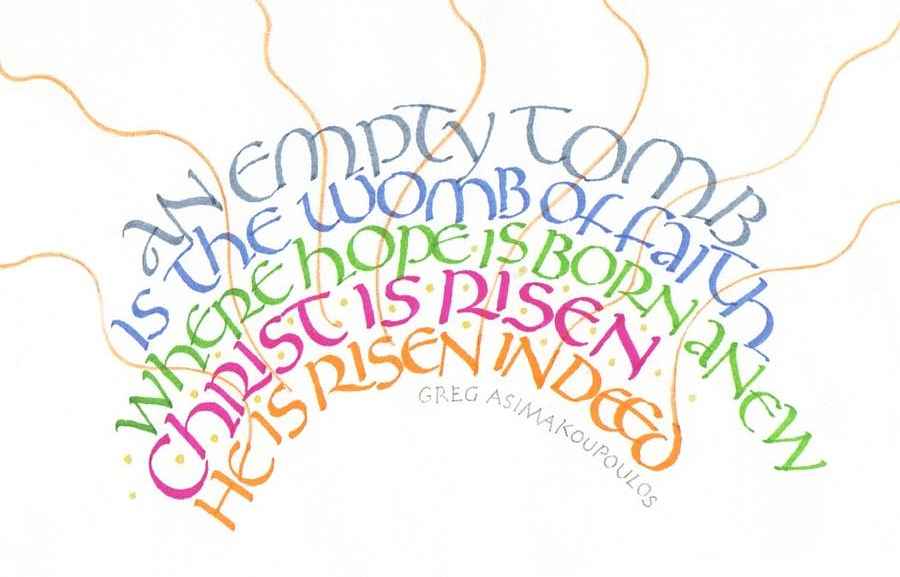





See listing of Recent and Most Popular articles on the Home Page
Our World
Category: Life Events / Topics: Change • Choices and Decision Making • Hopes & Dreams • Lifestyle, General • Opportunity • Optimal Aging • Relationships
The Biggest Wastes of Time We Regret When We Get Older
Posted: May 28, 2021
For seniors who look back with regret, you can still change course for the future…and help others make the most of their time…
Do you have regrets for wasted time in the past, missed opportunies, unfilled dreams? If so, you're not alone, and we found two articles this week on Pocket (a feature on the Firefox browser) that compliment each other. This one, by Kristin Wong, writing for Lifehacker, may affirm what you already regret. Be that as it may, it may help you identify ways to prevent wasting time in the future and mentoring your own friends and family to avoid their own regrets.
In a related article, "'I Don't Have Time' is Not the Real Problem" Darius Foroux may be speaking directly to you. Even if that is not the case, his insights may help you mentor others.
Here are the highlights of Kristin's article. Read the full article by following the link at the bottom of the page.
We spend a lot of energy looking for shortcuts to save time, and sure, those shortcuts add up. But when I look back, my biggest time regrets aren't spending too much time on Twitter or mismanaging my daily tasks. Those are bad habits, but there are bigger, more systematic time wasters that have really gotten in the way. Fixing these will free up a massive amount of time and energy.
Not Asking for Help
My first week on my first job out of university, my boss handed me a huge spreadsheet. He told me to organise it in a way that made zero sense to me. Being a quiet, timid person, I simply nodded, walked back to my desk and stared at that spreadsheet for like an hour, hoping to make some sense of it (yep, just like George Costanza and the Penske file).
Finally, my coworker came in, and I confessed I had no idea what to do. He broke it down for me, then dropped some advice that's stuck with me ever since: "You might feel dumb asking questions, but you look dumber when you don't get it because you failed to ask."
It was harsh, but true. And not only did I look like an arse, I could've also saved a fair amount of time that day by simply asking my boss what he meant. It made me wonder how much time I'd wasted by not asking for help over the years. As dumb as you might feel asking questions, it's the fastest way to get an answer.
Similarly, asking for help is a great way to, well, get help. This is why networking and finding a mentor are hugely valuable. If you feel stuck in your career or need to learn new skills and have no idea how to get started, talking to other people in your field will go a long way. . . .
Here's another way to look at it: if you're not asking for help, you're probably not challenging yourself enough. If you have all the answers, you're not learning new skills, trying new things or moving forward and out of your comfort zone. There are a handful of reasons we don't ask for help, but it's usually because we're too proud or scared, and that's a huge waste of time, because it keeps you from moving forward.
Trying to Make Bad Relationships Work
Relationships require maintenance, but there's a difference between maintaining a good relationship and trying to force a bad one that doesn't make much sense to begin with.
There's a lot of emotion in romance and friendships, so sometimes it's hard to tell when you should keep trying or you should just call it quits. Like a lot of people, I made some common bad decisions that wasted both my time and the time of the person I was with. . . .
Similarly, not dealing with the emotional impact of a breakup is also a big waste of time. When a relationship ends, we usually go through the typical stages of grief associated with loss. It's easy to get comfortable with denial and convince ourselves we don't really care and we're fine. In reality, ignoring the pain only prolongs it. Our work suffers; the rest of our relationships suffer.
Dwelling on Your Mistakes and Shortcomings
Learning from your mistakes is one thing. Dwelling on them wastes your time, diminishes your confidence, and keeps you from getting on with your life.
Dwelling also makes you more apt to repeat your mistakes. In a study published in the Journal of Consumer Psychology, researchers asked subjects to spend money during an imaginary trip to the mall. Before "shopping", some subjects were asked to recall a past financial mistake. They found those subjects were more likely to incur debt. . . .
When you think about your own experiences, it probably makes sense. Dwelling makes you feel like a failure. When I feel like a failure, it's easy to tell myself there's no point in trying, because I already suck. (Hence, getting further into debt when you already feel like an overspender.)
Of course, you don't want to skip over your mistakes and ignore them either. The goal is to glean something from them, then release the failure. . . .
One of my other big time regrets is not allowing myself to fail out of fear of my own shortcomings.
For years, I stayed in a comfortable place and didn't try to do things I wanted to do. . . .
Eventually, I got tired of this. I decided to find work I actually enjoyed, travel more and live somewhere else. I made a ton of mistakes along the way, and even when I did succeed, I felt like an imposter. Still, I think the bigger mistake was not trying sooner. Even if I failed, I would have learned from my mistakes much sooner.
Worrying Too Much About Other People
It's easy to waste time worrying about other people, too. Don't get me wrong — your friends and loved ones mean a lot to you, and you want to spend time nurturing them. But we also spend a lot of time fretting over problems that don't matter in the long run.
For example, I spent years getting annoyed with people who undermine me. I complained about them, tried to understand them, wondered what was wrong with me that I inspired that kind of behaviour. Those habits always lead to a dead end, because they didn't involve action. The older I got, the less tolerant I became of this behaviour, and I learned to nip it in the bud.
I also indulged another time wasting emotion: jealousy. I compared myself to everyone, wanted what they had, and felt inadequate. Like most negative, destructive feelings, the first (and biggest) step to overcoming it is understanding it.
I paid attention to my jealousy and what triggered it, then learned that it was less about the other person and more about my own feelings of inadequacy. In short, I embraced that jealousy. Envy is a bit different, but it often comes from the same place . . .
Once you understand why you feel jealous or envious, you can take action to take care of the problem, whether that means processing the emotions or coming up with goals for yourself. Either way, that's a lot more productive.
Most of us are probably guilty of all of these at some point, and really, they're human nature. Regret is another big waste of time, so there's no point in beating yourself up over these. The sooner you learn from them, though, the sooner you can free up your time and energy to live the life you want.
Read the full article to get more examples and tips.
This post originally appeared on Lifehacker and was published May 29, 2018.
Search all articles by Kristin Wong
Posted: May 28, 2021 Accessed 627 times
![]() Go to the list of most recent Our World Articles
Go to the list of most recent Our World Articles
![]() Search Our World (You can expand the search to the entire site)
Search Our World (You can expand the search to the entire site)
![]() Go to the list of Most Recent and Most Popular Articles across the site (Home Page)
Go to the list of Most Recent and Most Popular Articles across the site (Home Page)
 Loading requested view...
Loading requested view...